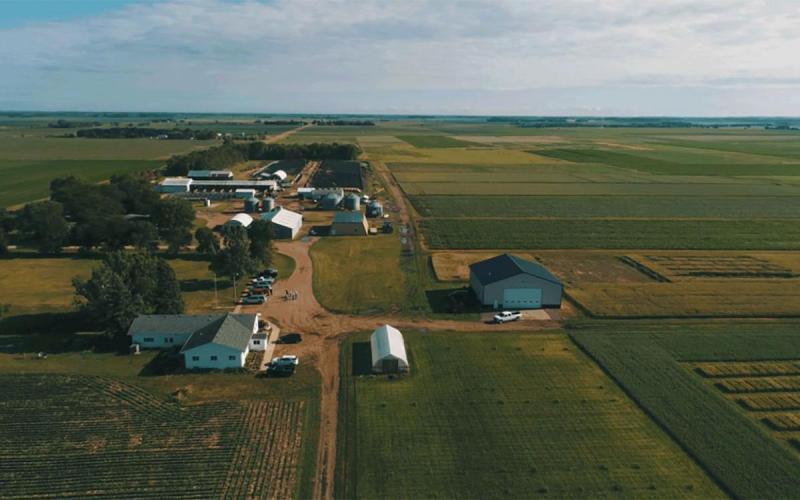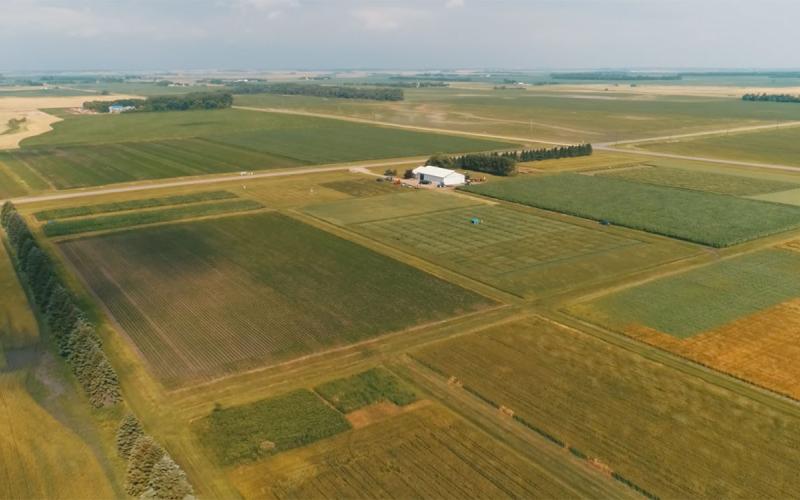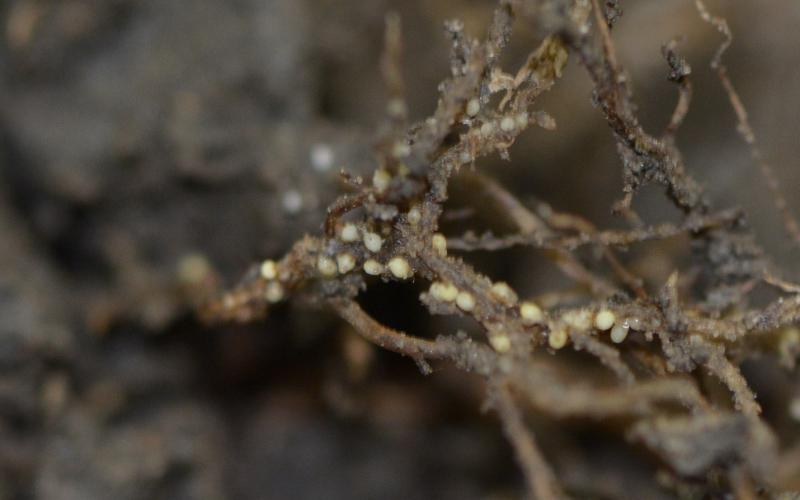Written with contributions by Emmanuel Byamukama, former SDSU Extension Plant Pathologist and Dalitso Yabwalo.
SUMMARY
This report is a brief of field research fungicide trials conducted in 2019. The purpose of these studies was to assess efficacies of fungicides for foliar disease management and nematicide seed treatment products for soybean cyst nematode management. The foliar studies were conducted in Brookings, Southeast research farm (SERF) near Beresford and Volga research farm and the nematicide seed treatment trial was performed at a growers’ farm near Brookings.
Fungicide and nematicide products used in these trials were approved for use in the state of South Dakota although in some instances experimental products were used within the restricted use guidelines. Some of the protocols followed in these experiments involved altered rates and application timing for experimental purposes and, therefore, should not be taken as recommendations. Producers should always read and follow product label application protocols such as product use, application method, handling, pre-harvest, re-entry intervals and all other safety guidelines.
The 2019 growing season had minimal disease pressure to influence statistically significant differences among treatments. However, some treatments had numerically high yield which may not be attributed to treatments applied solely. Therefore interpretation of the results should not be extrapolated beyond what is explained by statistical analysis. For nematicide seed treatment trial, products did not significantly reduce SCN populations or increase yield, however, the susceptible variety had a high end of season SCN population relative to the resistant variety.
ACKNOWLEDGEMENT
These studies were accomplished with contributions from the SD Soybean Research and Promotion Council, SDSU Agricultural Experiment Station and collaborators from private industry. In addition, various programs at SDSU such as Crop Performance Testing, Entomology, Southeast and Volga Research Farms provided invaluable support. On-farm host, Dave Mack (Brookings, SD) deserves recognition.


